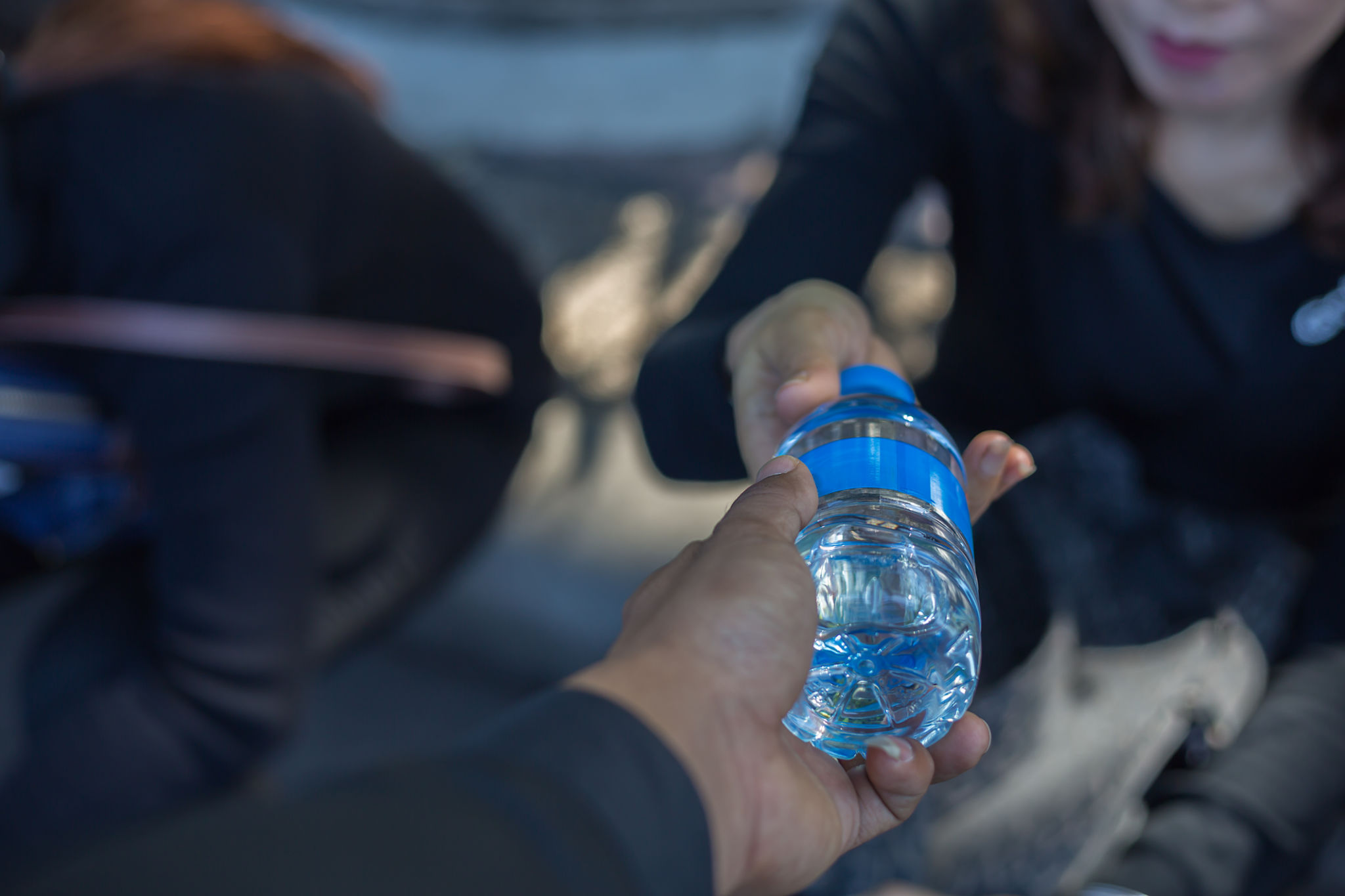Preparing for Summer: Essential Services for the Homeless with Mental Health Needs
Understanding the Challenges of Summer for the Homeless with Mental Health Needs
As summer approaches, the needs of the homeless community, especially those with mental health challenges, become more urgent. The sweltering heat can exacerbate existing health issues and create new challenges. It's crucial to recognize the unique difficulties faced by this vulnerable group during warmer months and ensure they receive the necessary support.
Individuals experiencing homelessness are often at risk of developing heat-related illnesses, such as heat exhaustion or heat stroke. Those with mental health conditions may have an even harder time accessing resources or understanding the severity of their situation. Therefore, targeted interventions are essential to provide relief and protection.

Providing Access to Cooling Centers
One of the most effective ways to help is by ensuring access to cooling centers. These centers offer a temporary refuge from the intense heat and provide a safe space for people to rest. Community organizations and local governments can collaborate to set up these centers in easily accessible locations.
It is vital that cooling centers are equipped with trained staff who understand the complexities of mental health issues. Offering a welcoming environment can encourage individuals to seek shelter without feeling stigmatized. Additionally, providing water and basic hygiene facilities can significantly improve their well-being.
Ensuring Hydration and Nutrition
Dehydration is a serious concern during the summer months. For those living on the streets, access to clean drinking water can be limited. Community initiatives can play a significant role in distributing bottled water and snacks rich in electrolytes to help maintain hydration levels.

Nutritional support is equally important, as poor nutrition can exacerbate mental health symptoms. Local food banks and charities can organize meals or distribute food packages to ensure that nutritional needs are met consistently.
Enhancing Outreach and Support Services
Outreach teams should be more active during the summer months, reaching out to individuals who may not be aware of available services. These teams can provide information about nearby resources, assist with transportation to cooling centers, and offer emotional support.
Furthermore, integrating mental health services into outreach programs can address both immediate physical needs and longer-term psychological support. Offering counseling or connecting individuals with mental health professionals can lead to more sustainable improvements in their overall well-being.

Building Community Awareness and Involvement
Raising public awareness about the challenges faced by homeless individuals with mental health needs is crucial. Community involvement can make a significant difference, whether through volunteering at shelters, donating supplies, or advocating for policy changes.
Encouraging local businesses and citizens to participate in initiatives aimed at supporting this demographic can strengthen community bonds and promote a more inclusive society. By working together, we can create a safer and more supportive environment for everyone during the summer months.